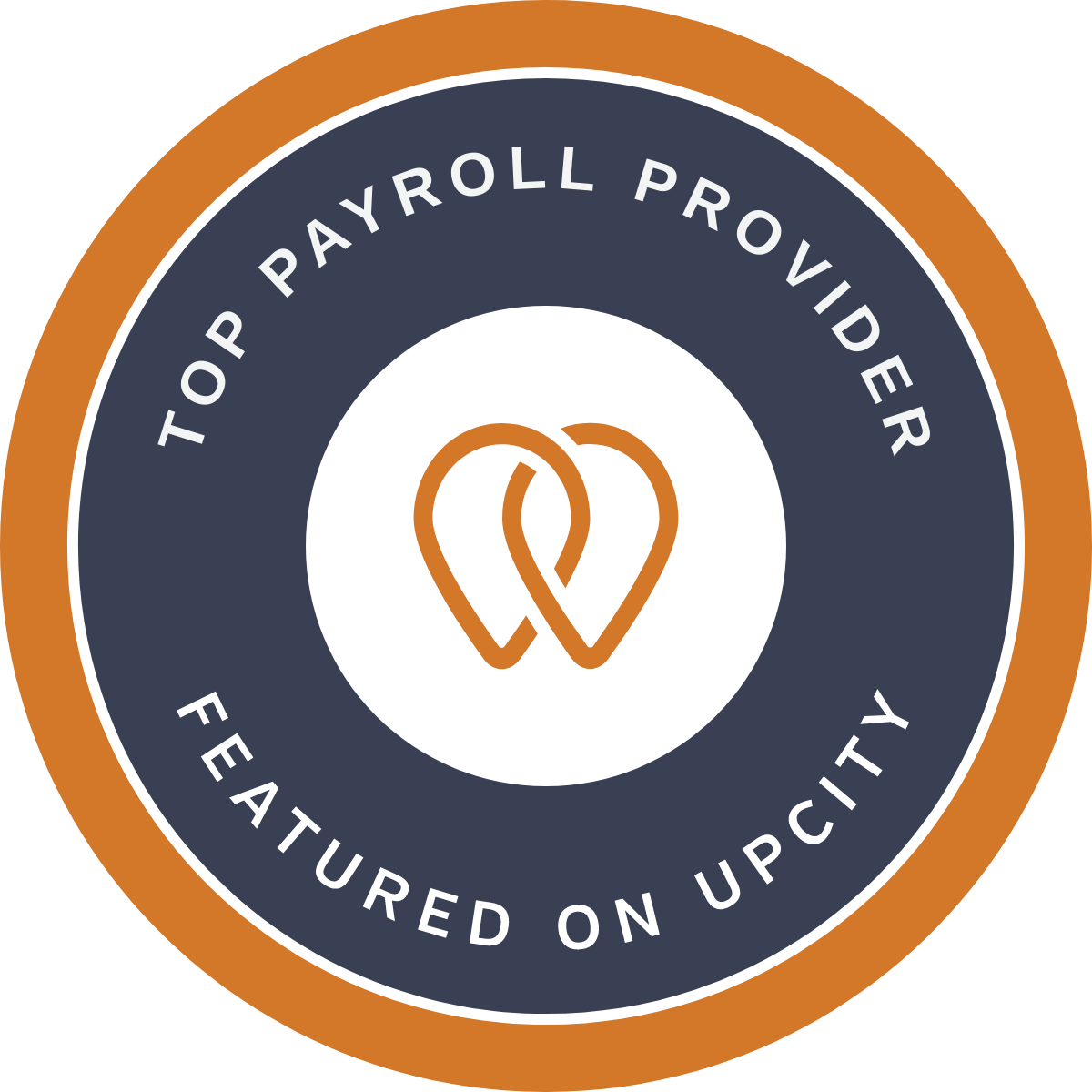
Navigating Payroll Compliance: Essential Tips for Small Businesses
Introduction
As a small business owner, managing payroll can be a daunting task. Ensuring compliance with wage and hour laws is not only crucial for maintaining a fair and harmonious work environment, but also for avoiding legal complications and costly penalties. In this comprehensive blog post, we will provide essential tips and guidance to help small businesses navigate payroll compliance successfully.
Section 1: Understanding Wage and Hour Laws
To ensure compliance with wage and hour laws, it is vital to have a clear understanding of the regulations that govern employee compensation. We’ll explore key aspects such as minimum wage requirements, overtime thresholds, and exemptions. By familiarizing yourself with these laws, you can ensure that your employees receive fair compensation and avoid potential legal issues.
Section 2: Classification and Employee Status
Proper employee classification is essential for complying with payroll regulations. We’ll discuss the differences between employees and independent contractors, as well as exempt and non-exempt employees. Understanding the criteria for each classification will help you accurately determine employee status and appropriately calculate wages, overtime pay, and benefits.
Section 3: Accurate Recordkeeping
Maintaining accurate payroll records is not only a legal requirement but also essential for resolving disputes and audits. We’ll outline the key information you should track and retain, including employee data, time and attendance records, pay stubs, and tax-related documents. Additionally, we’ll discuss the benefits of using payroll software, like AccuServe Payroll, to streamline recordkeeping processes and ensure compliance.
Section 4: Payroll Tax Obligations
Small businesses must navigate various payroll tax obligations, including federal, state, and local taxes. We’ll delve into the different types of payroll taxes, such as income tax withholding, Social Security tax, and Medicare tax. Furthermore, we’ll discuss the importance of accurately calculating and remitting these taxes within the designated timelines to avoid penalties and interest.
Section 5: Reporting and Filing Requirements
Small businesses are often required to submit payroll reports and filings to government agencies. We’ll outline the essential reports, such as Form 941 and Form W-2, and discuss the filing deadlines and procedures. By understanding these reporting requirements, you can ensure timely and accurate submissions, maintaining compliance with tax authorities.
Section 6: Staying Updated on Changes
Payroll regulations and tax laws are subject to change, making it crucial to stay informed about updates. We’ll provide tips on how to stay up to date with changing regulations, including subscribing to reliable payroll and HR resources, attending seminars or webinars, and seeking professional advice when needed. Being proactive in staying informed will help you adapt your payroll processes to any new requirements effectively.
Conclusion
Navigating payroll compliance can be challenging, but it is vital for the success and stability of your small business. By understanding wage and hour laws, correctly classifying employees, maintaining accurate records, fulfilling tax obligations, and staying updated on changes, you can ensure compliance and mitigate potential risks. Remember, utilizing robust payroll software, such as AccuServe Payroll, can greatly simplify and streamline your compliance efforts. With the right knowledge and tools at your disposal, you can confidently manage your payroll while safeguarding your business and supporting your employees’ financial well-being.




